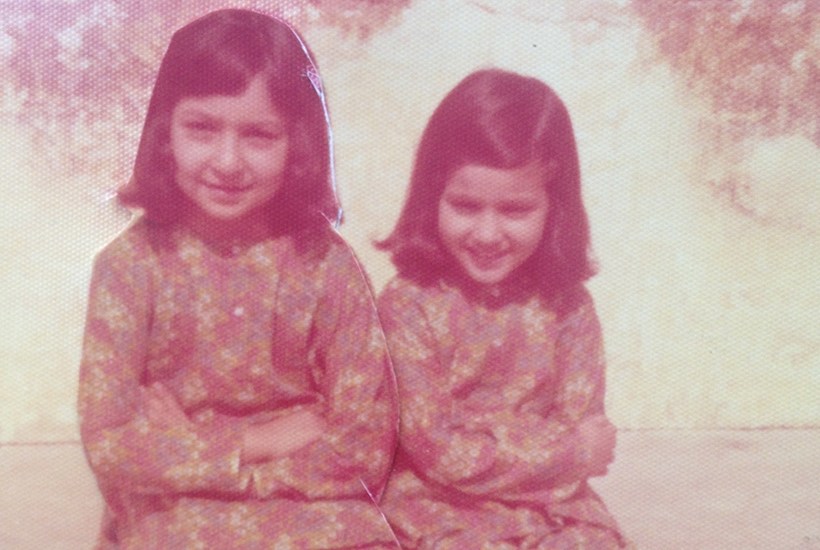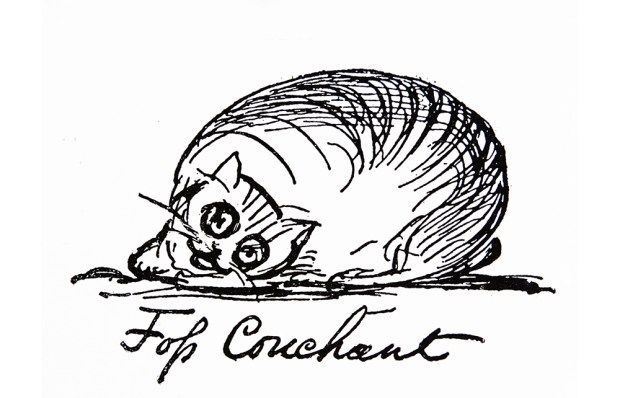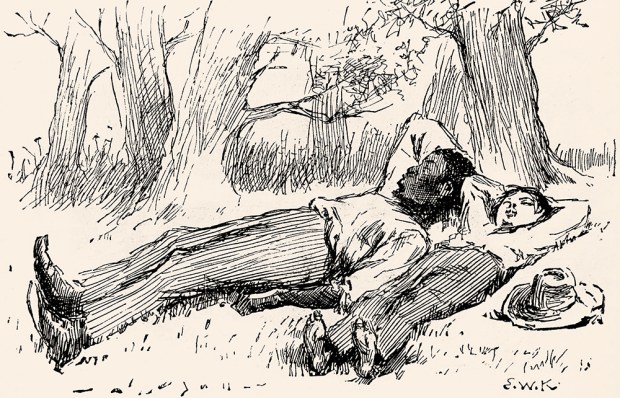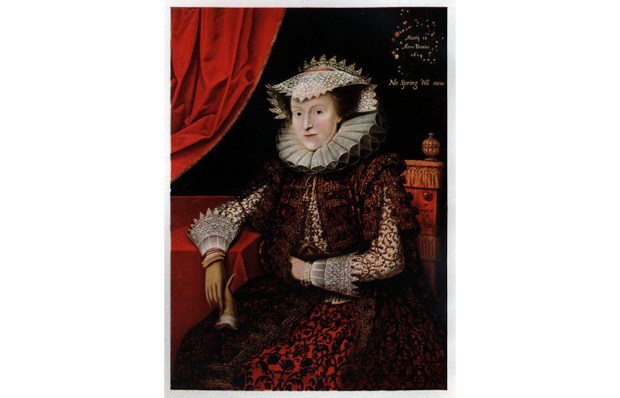In 2016, Arifa Akbar’s elder sister, Fauzia, died suddenly in the Royal Free Hospital, London at the age of 45. Until the last hours of her life, the cause of her coughing, chest pain, night sweats and breathlessness had eluded a series of baffled experts. But you do not need a medical degree to hazard a guess at what might have been behind these symptoms. From Keats’s famous death to the consumptive heroines of 19th-century opera, spots of blood on a handkerchief were all that was missing to complete the picture. Only after Fauzia had a catastrophic cerebral haemorrhage, however, did someone think to test a sample of her spinal fluid for tuberculosis. It was positive. Sense came too late. The mycobacteria had disseminated through her organs and were nesting in her brain.
Diagnoses are stories; why had the doctors not thought of this one? TB is not a disease of the past, however mythologised it has become. Fauzia’s marginal existence in north London, the squalid conditions of her upbringing, malnourishment, her Pakistani heritage and several mental health conditions made TB more likely. But these stigmatised characteristics about a patient make bias and oversight from clinicians more likely too. Did Fauzia die because of a dereliction of duty, or despite the best efforts of flawed caregivers?
It is a question which haunts this extraordinary book, as Akbar agonises over the ways in which Fauzia was let down in life as well as death. ‘A part of me had always held myself responsible for failing to stay and find a solution for her,’ Akbar writes, having left for Edinburgh university and then a successful career in journalism, while her sister remained in the family flat, gripped by depression and a vicious eating disorder.
The sisters shared a bond not because of, but in spite of, belonging to the same place and parents. Their father distributed love, encouragement and even civility so unequally that their childhoods were worlds apart. Fauzia didn’t meet him until she was 13 months old. She moved with her mother from the vibrancy of Lahore into bleak British poverty to reunite her parents in their souring arranged marriage. When Arifa was born two years later, she was immediately adored by her father. Meanwhile, to Fauzia he was an unsated critic and violent bully. No reason for this targeted abuse was ever given.
In adulthood, Arifa became a symbol of all that Fauzia had been denied. The two were prone to explosions of sworn hatred, and years of silence. Fauzia cut out her own face from every family photograph. Later, she tried to stick each one back in, but left the task unfinished. Yet in their adolescence, Arifa and Fauzia had been best friends. Their intimacy relied on consuming novels, films and huge amounts of food. Long afternoons bingeing on movies and chocolate were both a rebellion and numbing comfort. From My Beautiful Launderette to The Handmaid’s Tale, art allowed the girls to reckon with their immigrant existence and familial tensions. Akbar’s writing maintains this porosity to influence, easefully weaving Greek tragedy, Susan Sontag, trips to the Sistine Chapel and Keats’s house in Rome, Puccini, Angela Carter and Edvard Munch into her family account to steady her own thoughts.
This is a book about Fauzia, but also the person Akbar has become through ‘all the love and fear and flesh wounds of our sisterhood’. The prose is at its most compelling when she confides in the smaller, ugly feelings — envy, irritation, wrangling — which can make siblings ‘painful to love, but no less loved’. Uneasy about having the last word, she rearranges her understanding of events, aware that, in this biographical jigsaw: ‘I run the risk of jamming pieces together wrongly.’ As ‘several of the narrators are now locked inside their own heads’ — Fauzia gone, and their father with frontal dementia in a nursing home — Akbar details the conflict, but keeps in a note of defiance that he was, for her, an ‘exceptional’ father.
To make posthumous sense of her sibling, Akbar pores over the portfolio of paintings and embroidery from the fine art course in which Fauzia was enrolled when she died. Hope and beauty are everywhere. This contrasts with the intimidating wad of medical notes now in Akbar’s possession which represents how Fauzia was ‘misunderstood at the most cellular level’, but also meticulously records her ‘living, breathing body’. These different ways of seeing and knowing become a consolation, softening both Fauzia and the people who cared for her. It is as if, inspired by her research on Keats, Akbar finds a negative capability in her grief. Uncertainties, mysteries and doubts linger around this family, which Akbar works, masterfully and movingly, to preserve.
Got something to add? Join the discussion and comment below.
Get 10 issues for just $10
Subscribe to The Spectator Australia today for the next 10 magazine issues, plus full online access, for just $10.
You might disagree with half of it, but you’ll enjoy reading all of it. Try your first month for free, then just $2 a week for the remainder of your first year.














Comments
Don't miss out
Join the conversation with other Spectator Australia readers. Subscribe to leave a comment.
SUBSCRIBEAlready a subscriber? Log in